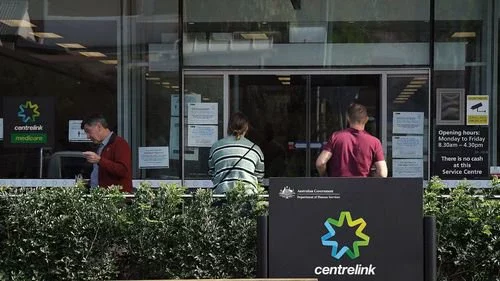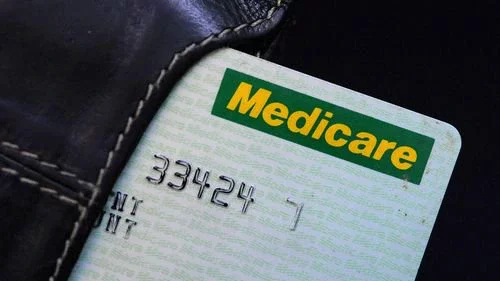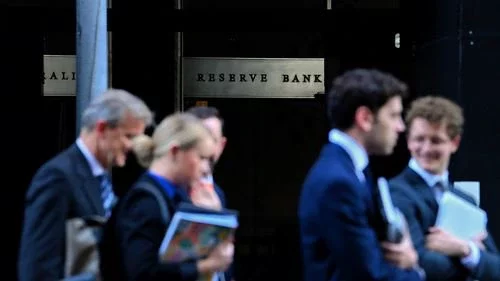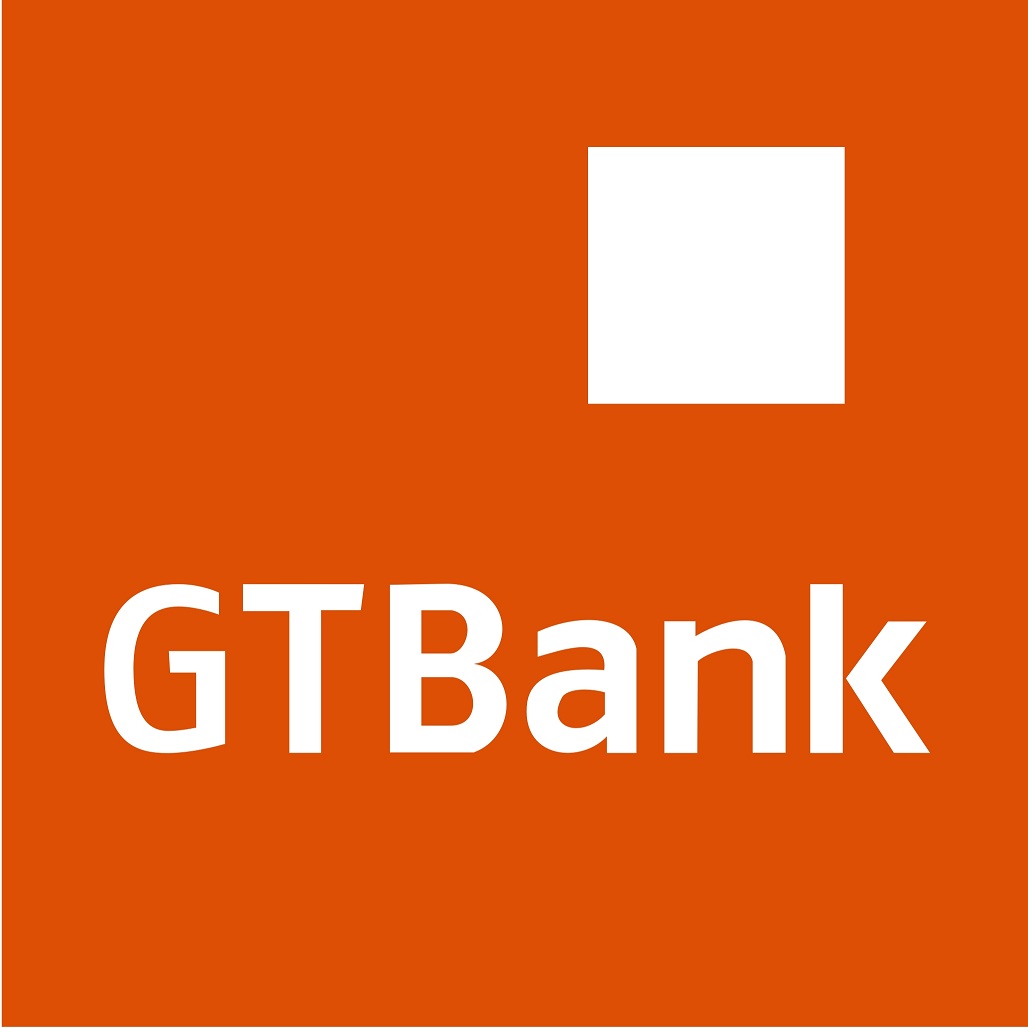January 1 doesn't just bring with it a new year and hangovers for revelers who enjoyed themselves a bit too much the night before.
A host of changes will come into effect around the country, including increased welfare payments, new laws, tax tweaks and pay rises.
These are the main ones you need to know about.

Payments will rise by 3.8 per cent, meaning youth allowance will jump from between $17.30 and $24.30 per fortnight and between $24.30 and $30.60 for single students, and carers will be given an extra $5.80 per fortnight.
Income tests will also rise, meaning people can earn slightly more and still qualify for the maximum payment.
It's important to note not all welfare payments are increasing.
Some, like rent assistance, are indexed every March and September.

Passports get more expensive
Australia already has one of the most expensive passports in the world, but it's about to get even pricier.
While the government hasn't formally announced the changes yet, every year passport fees are indexed in line with inflation, which is set to push the cost of a 10-year document up above $400.

Medicare safety net increasing
The Medicare safety net will rise, as it always does, on January 1, pushing up the amount individuals and families need to pay before they are provided with increased public health subsidies.
The original safety net is increasing from $560 to $576, while the extended safety net will go from $811 to $834 for concession card holders and from $2544 to $2615 for those without concession cards.
Underpaying employees to face hefty fines
Employers who deliberately underpay their staff will face the prospect of significant criminal penalties under parts of the federal government's "closing loopholes" workplace legislation that will come into effect on January 1.
The new laws will criminalise wage theft, and businesses which are found to have done so will face fines of up to $8.25 million or three times the amount of wages that were stolen, whichever is greater.
Individuals will also face up to 10 years in prison and fines of whichever is greater out of $1.65 million or triple the value of the wage theft.

The biggest world stories of the year
Aged care workers to get pay bump
Speaking of wages, aged care workers will get more of them in the new year after the Fair Work Commission approved a pay rise of between 2.3 and 13.5 per cent in 2025.
The raise will begin on January 1, but some employees will receive it in two stages, with the second not kicking in until October.
There's also a long line of awards for which introductory level rules and minimum pay rates are changing, including airline ground staff, manufacturing, and architecture. You can find the full list here.
One of the major changes for 2025 is actually something that is staying as it is.
Normally, prices for medicines listed on the Pharmaceutical Benefits Scheme increase in line with inflation on January 1 each year.
However, under a 2024 federal budget announcement, that figure will be frozen for everyone for 2025, and a further four years on top of that for concession card holders.

There are a host of other changes coming into effect too.
Changes to student visa applications will take place, and foreign capital gains withholding will undergo a bit of an overhaul - foreign sellers of Australian property will lose 15 per cent of the sale price to the tax office, up from 12.5 per cent, and sales under $750,000 will no longer be exempt.
It will also be illegal to import engineered stone into the country, following a ban on the use of the product in June this year, and separately, large companies will have to begin disclosing their climate change-related risks and opportunities.

Then there are the changes coming into effect later in the year, too.
The alcohol excise will be re-indexed on February 3, with another rise in the price of a schooner on the cards.
And there will be the usual raft of changes on July 1 with the coming of the new financial year, including the superannuation guarantee rising from 11.5 to 12 per cent - the final in a string of five increases that began in 2021.
















Comments